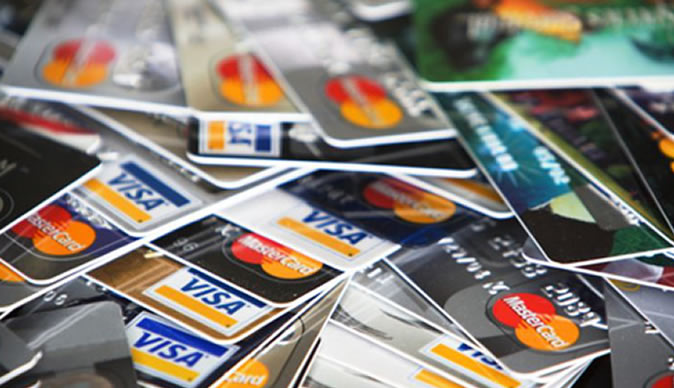Embracing plastic money for your convenience

Sanderson Abel
Plastic money is a term that predominantly refers to the hard plastic cards, that we use everyday, in place of bank notes or coins. It is the generic term used for all types of bank cards, which come in many different forms, such as cash cards, credit cards, debit cards, pre-paid cash cards and store cards.These cards are often referred to as “plastic money” because they facilitate transactions and make it possible to purchase goods when currency and checkable deposits are not available. In Zimbabwe, we generally call these cards ATM cards because of their predominant use for making withdrawals at Automated Teller Machines.
What are the most common types of plastic money?
Debit Cards — This type of card will directly debit money from your bank account, and can directly be used to purchase goods and services. Usually, there is no official credit facility with debit cards per se, as the card is linked to a customer’s available bank account balance.
Using a debit card, a customer cannot transact beyond this available balance limit. However, where a customer has an overdraft facility, the card will allow transactions to the extent of the overdraft.
Credit Cards — This type card will permit the card holder to withdraw cash from an ATM. It also allows the user to purchase goods and services directly from stores that accept the card. The money withdrawn from this type of card is basically a high interest loan to the card holder, although the card holder can avoid any interest charges by paying the balance off in full each month.
Pre-paid Cash Cards — As the name suggests the user will upload cash credit to the card themselves through a bank or other authorised agent, and expenditures or withdrawals from the card will not exceed the amount.
All the details about the customer and the amounts and details of transactions are stored on a magnetic strip or micro-chip on the card. These are usually re-useable in that they can be “topped up”.
What are the advantages of using Plastic Money?
Convenience — Credit and debit cards offer no-hassle shopping. There is usually no need for cash, no additional credit checks, no additional identification requirements as the user is normally required to insert their Personalised Identity Number (PIN).
This then increases the convenience of the card-holder in undertaking his shopping. There is also the added convenience in that you don’t need to first go to the bank or to an ATM to withdraw cash before doing your shopping.
Security — when dealing with cash there is a big risk of losing it. Once it is lost, it is usually lost forever. It will only benefit the person who is lucky to pick it up. On the other hand, if you lose your credit or debit card and quickly contact your bank,the unauthorised use of your card will be stopped quickly without any loss.
Flexibility — there is flexibility associated with the plastic money. For example, you may be in a supermarket and realise that there is something worth buying that is on sale, which is about to come to an end. Having a credit or debit card on you allows you to purchase the item quickly and easily. A credit card will help you make the purchase even if you don’t have adequate money on you as you can use your credit limit.
Reputation boosting — There is no better measure of your creditworthiness than how you handle a credit card. When lenders want proof of your creditworthiness, they consult your credit history for a black-and-white snapshot of your ability to repay.
Indispensable — In the current globalised economy, purchases across the globe can be made through mail, telephone or via the Internet. These purchases can only be possible through the use of credit cards. Credit or debit cards make it easier to book a hotel or make a reservation for car rental or paying for your air tickets over the internet.
What are some of the risks of using plastic cards?
Despite the advantages that are associated with the use of plastic money, it is important to understand that there are also some disadvantages which are associated with the same.
Plastic money gives cardholders an easy and extended purchasing capacity, which can result in an extra and unwanted buying. These cards can sometimes encourage owners to get them and use their hard-earned money for non-essential things, negatively affecting budgets. Customers need to take care not to end up in difficult financial situations.
Credits cards can be costly to use as they cost much more than other forms of credit, such as personal loans. The transaction charges are also usually added to the credit amount, which can make the eventual repayments much more than you would have anticipated.
Credit cards can be stolen. In today’s technical world it is possible from criminal elements to get a clone of any credit card or debit card, which works like the original and these can give you a heavy financial loss. Customers need to observe the advice given by their bankers to avoid such losses.
However, it is important to note that the advantages of using plastic money far outweigh the disadvantages. Hence it is important to embrace the plastic money for your convenience. Talk to your banker on how you can acquire a plastic card today.
Sanderson Abel is an economist. He writes in his capacity as Senior Economist for the Bankers’ Association of Zimbabwe. For your valuable feedback and comments related to this article, he can be contacted on [email protected] <mailto:[email protected]> or on numbers 04-744686 and 0772463008









Comments